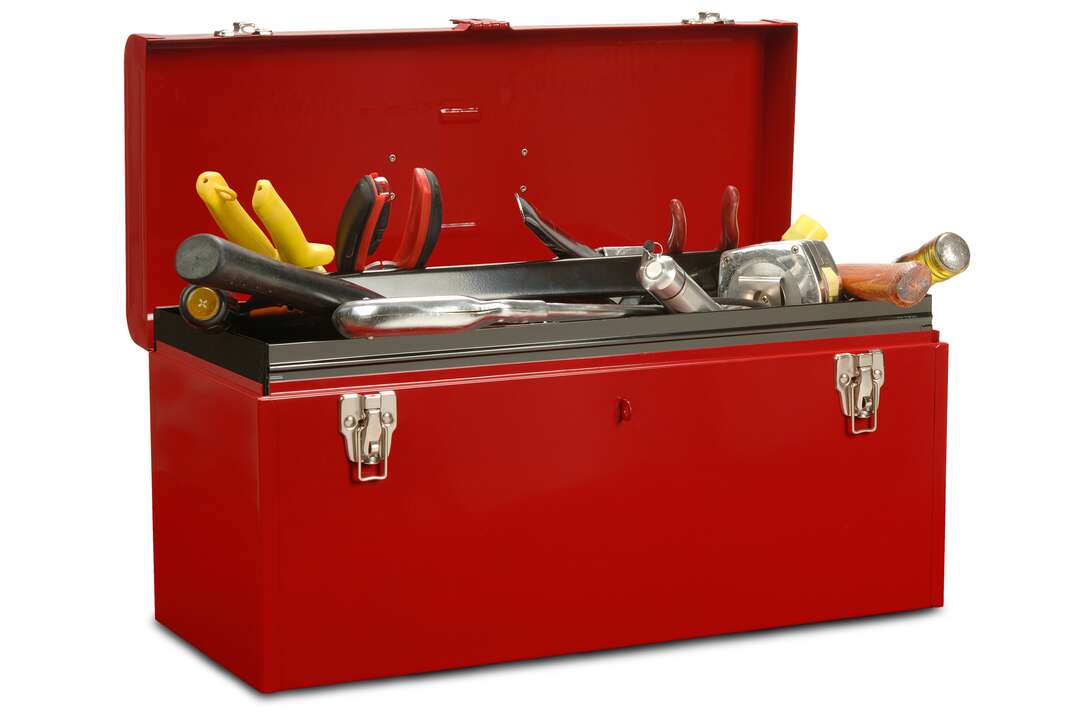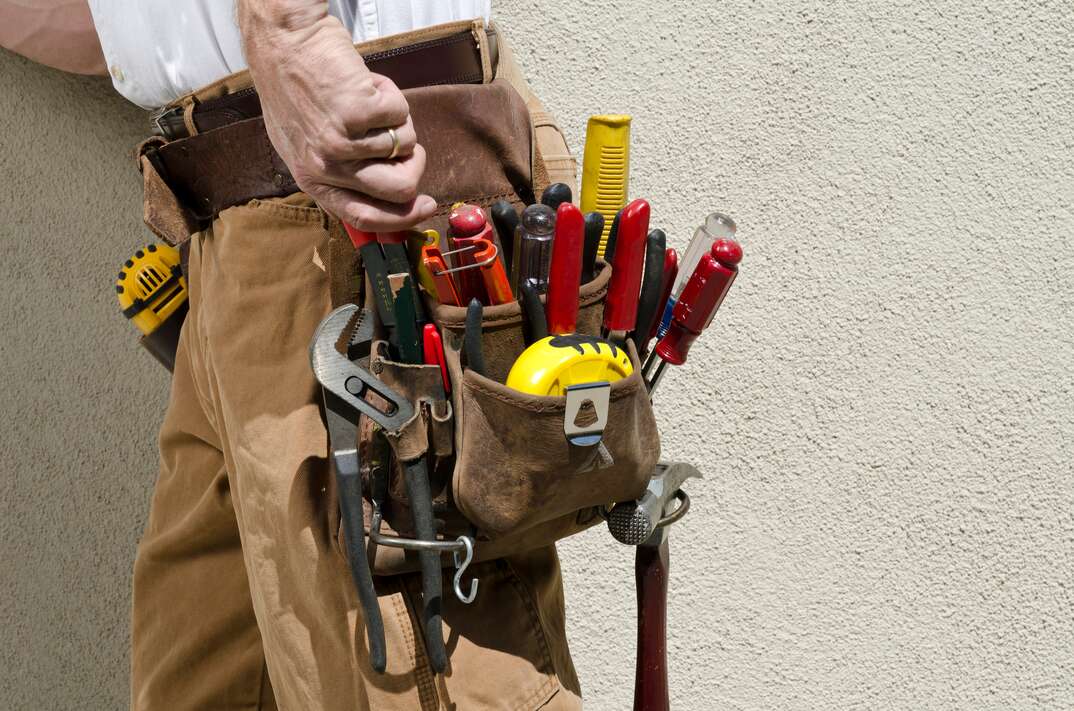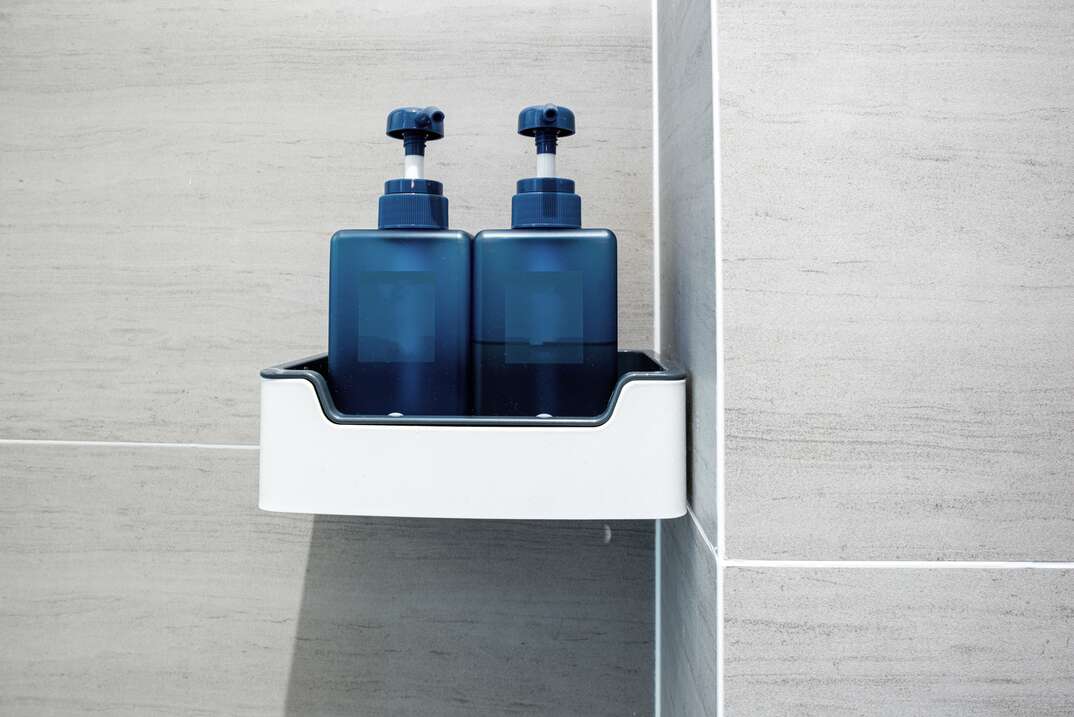What's the Difference Between a Home Warranty and Home Insurance?

When you own a home, you’re responsible for maintaining the entire property and all of the systems that keep your home up and running. However, even proper maintenance won't stop an HVAC system from malfunctioning or keep your refrigerator in perfect condition.
This May Also Interest You: What Does Homeowners Insurance Cover … and What Doesn’t It?
Many homeowners believe that the home insurance they have is enough to cover these systems, but that’s not always the case. Each homeowners insurance policy is different, but if you don’t like paying out of pocket for expensive repairs, a home warranty could benefit you. Here’s a detailed look at the main differences between home warranties and home insurance.
What’s a Home Warranty?
When you purchase a home, you will likely receive several offers to purchase a home warranty plan, too. A home warranty is a policy that protects your home and helps you avoid costly repairs. The company that provides you with a home warranty will help you obtain repair and replacement services at a discount. These services typically apply to all of the major components in a home — everything from the furnace and central air to the plumbing and septic systems.
Home warranties sometimes cover systems and appliances like swimming pools and refrigerators. Before you make a service contract with a home warranty company, you should understand exactly what the policy covers. In many cases, a home warranty will provide coverage for systems that aren't covered by home insurance.
So how does a home warranty work? Let's say that your HVAC (heating, ventilation and air conditioning) system has malfunctioned. If your home warranty covers damage to your HVAC system, you would start by contacting the home warranty provider. At this point, they would send a service provider to your home to look at the problem. In the event that the service provider determines that you need a replacement or repair, the necessary work will be completed. Once the work is finished, you may have to pay some service fees, but the remainder of the costs will be covered by your policy.
What’s Home Insurance?
Homeowners insurance is a kind of property insurance that's designed to cover accidental damage and losses to a person's residence. These losses can extend to furnishings and other belongings that can be found in the home. Each insurance company offers different home insurance policies. The aspects of your home that are covered by home insurance depend on where you live, which policies the company provides and the availability of additional coverage.
Along with providing coverage for both exterior and interior damage, home insurance policies also provide some coverage for injuries that might occur on the property in question. Keep in mind that each policy will have a set liability limit, which refers to the total coverage that's provided in the event that the home is damaged. Often, it’s possible to pay more for a higher liability limit. Every insurance policy will also come with a deductible, which is the amount that you will need to pay before insurance kicks in. Higher deductibles typically lead to lower monthly premiums.
What’s the Difference?
When you're looking at the difference between homeowners insurance and a home warranty, it's important to understand what these policies entail. Keep in mind that both policy types are designed to give you peace of mind and protect you when something goes wrong. Whether you have just moved into a new home or have lived in your home for years, both of these policies will provide you with coverage that could save you ample amounts of money in the long run. Despite the similarities between home warranties and home insurance policies, you should also be aware of some key differences.
As touched upon previously, a home warranty is a kind of service contract that allows you to repair or replace different home systems when they malfunction. Because a home warranty is a contract, it expires after a set period of time. In many cases, the contract will end after 12 months. Homeowners insurance differs in that it must be maintained for the entire duration of your mortgage. The home insurance premiums you'll be expected to pay are usually folded into your monthly mortgage payments.
Another key difference involves the mandatory nature of homeowners insurance. Before a bank or similar mortgage lender approves a loan, you will need to purchase homeowners insurance. Without this insurance, you won't be able to obtain a loan. On the other hand, home warranties aren't required and won't keep you from being approved for a loan. However, you'll likely receive offers for home warranties while you're in the process of buying a home.
Yet another difference between home warranties and home insurance involves the kind of coverage they provide. Home warranties will cover problems that have occurred as a result of long-term wear and tear or poor maintenance. An old HVAC system may be replaced under a home warranty if it malfunctions due to age. Home insurance doesn't cover these issues, which means that you may find yourself paying thousands of dollars to replace a home system if you don't have a home warranty.
More Related Articles:
- Does a Home Warranty Cover Water and Sewer Lines?
- Is Plumbing Covered in a Home Warranty?
- Are Appliances Covered in a Home Warranty Plan?
- Is an HVAC System Covered in a Home Warranty Plan?
- What Is a Home Improvement Loan and How Do You Get One?
What Does a Home Warranty Cover?
As is the case with every type of home warranty or home insurance policy, coverage can differ depending on the company you purchase the policy from. Most home warranties cover all the major systems and appliances that can be found in your home. The main difference between each policy involves the amount of coverage that's provided to you. Many providers will divide their policies into separate categories for appliances and home systems. You could also purchase a combo plan that combines multiple systems.
A home warranty plan may provide coverage for the electrical, HVAC or plumbing systems in your home. Appliance plans help you cover repair or replacement costs when your dishwasher, refrigerator or other major appliance malfunctions. Along with the base systems and appliances that are covered by a home warranty, many providers offer paid add-ons that can help cover systems that aren’t included in those two categories. Common add-ons include:
- Roof warranties
- HVAC maintenance
- Spa or swimming pool equipment
- Pest control services
- Electronics warranties
- Septic tank
What Does Home Insurance Cover?
Homeowners insurance covers the cost of damage that occurs to your home, the personal property inside your home and any other structures that are situated on your property. If someone is injured while on your property, your home insurance policy will provide coverage. The policy kicks in when aspects of your home are damaged by lightning strikes, hail, fires or heavy wind, or if your house is broken into. In most cases, damage caused by floods and earthquakes won't be covered. Depending on where you live, you may be able to purchase flood and earthquake insurance separately.
Should You Get a Home Warranty Plan?
The decision you have to make is whether a home warranty is worth the cost. Many homeowners will benefit from purchasing a home warranty. Keep in mind that some sellers include a home warranty plan as part of the sale of the home.
Since you can find home warranty plans that cover nearly all the systems and appliances in your home, you can be confident that you won't need to spend thousands of dollars on repairing or replacing a home system immediately after you've moved in. A home warranty plan covers a lot of the unexpected costs that could arise in the year or so after a home has been purchased.


